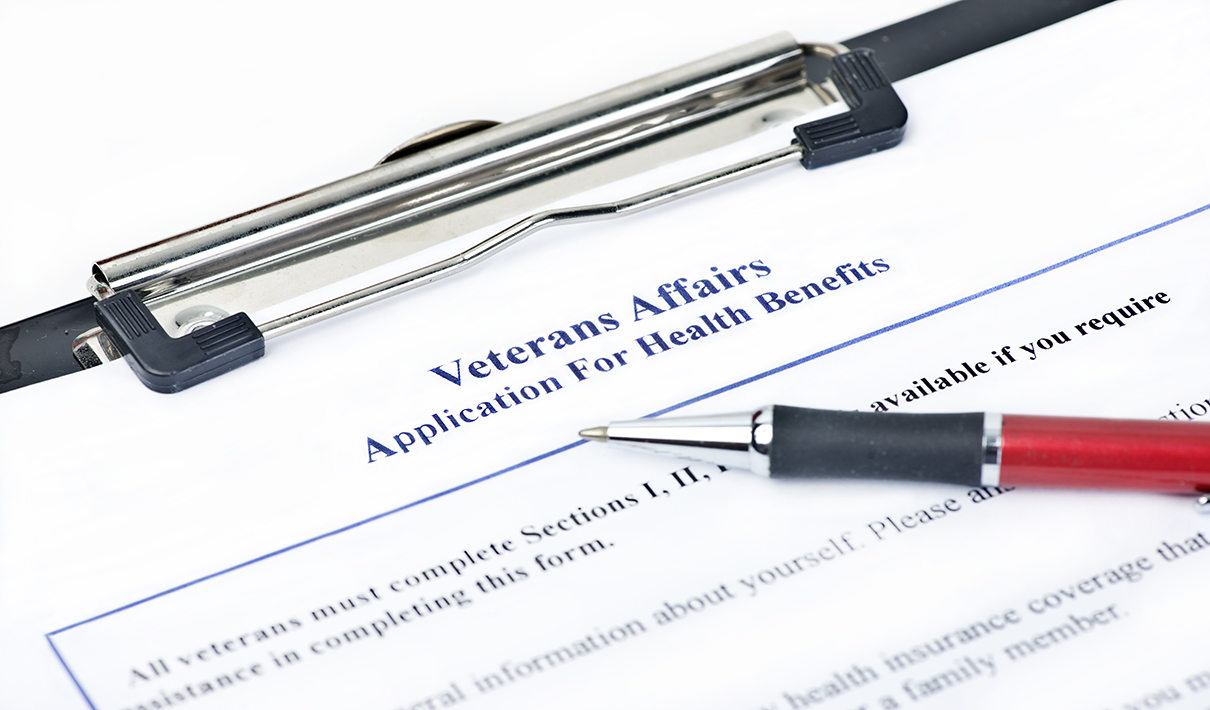The VA Aid and Attendance program increases the monthly payment amount for veterans or survivors collecting disability compensation, dependency indemnity compensation (DIC) or VA pension that also require the aid and attendance of another person. This is a little bit complicated. The most important thing to understand is this: you cannot qualify for the Aid and Attendance benefit without first establishing basic entitlement for disability compensation, DIC, or pension.
Examples of the VA criteria for Aid and Attendance
- require the aid of another person in order to perform personal functions required in everyday living, such as bathing, feeding, dressing, attending to the wants of nature, adjusting prosthetic devices, or protecting yourself from the hazards of your daily environment
- bedridden, in that your disability or disabilities requires that you remain in bed apart from any prescribed course of convalescence or treatment
- patient in a nursing home due to mental or physical incapacity
- suffer the anatomical loss or loss of use of both feet
- suffer the anatomical loss or loss of use of one hand and one foot
- blind in both eyes, with 5/200 visual acuity or less
Compensation
For veterans, Special Monthly Compensation (SMC) is the term used to define the higher rate of compensation paid due to special circumstances such as the need of aid and attendance by another person or by specific disability. Aid and Attendance is one way that a veteran eligible for compensation can qualify for SMC. Veterans that qualify for SMC are paid according to the SMC letter designation appropriate for their condition.
Spousal Aid and Attendance added to Compensation
If a veteran has a disability rating of 30% or higher and their spouse requires aid and attendance an additional amount can be added to the monthly compensation payments based on the disability rating of the veteran.
Dependency Indemnity Compensation (DIC)
For surviving spouses and parents, Aid and Attendance is paid based on the need of aid and attendance by another person as an additional allowance.
Note: Since January 1, 1993, DIC for children without a surviving spouse is a flat rate. They are not entitled to Aid and Attendance. In the case of a child entitled to DIC who is over the age of eighteen and who, while under the age of eighteen, became permanently incapable of self-support, the DIC paid monthly to the child will be increased.
Pension
Veterans and survivors who are eligible for a VA Pension and require the aid and attendance of another person may be eligible for an additional monetary payment. The Pension benefit is the difference between your “countable” income and the annual pension limit set by Congress. VA generally pays this difference in 12 equal monthly payments. These benefits are paid in addition to monthly pension, and they are not paid without eligibility to Pension.
Note: Aid and Attendance allowances increase the maximum annual pension rate, veterans or suvivors who are disqualified for a basic pension due to excessive income may be eligible for pension at the increased rates.
